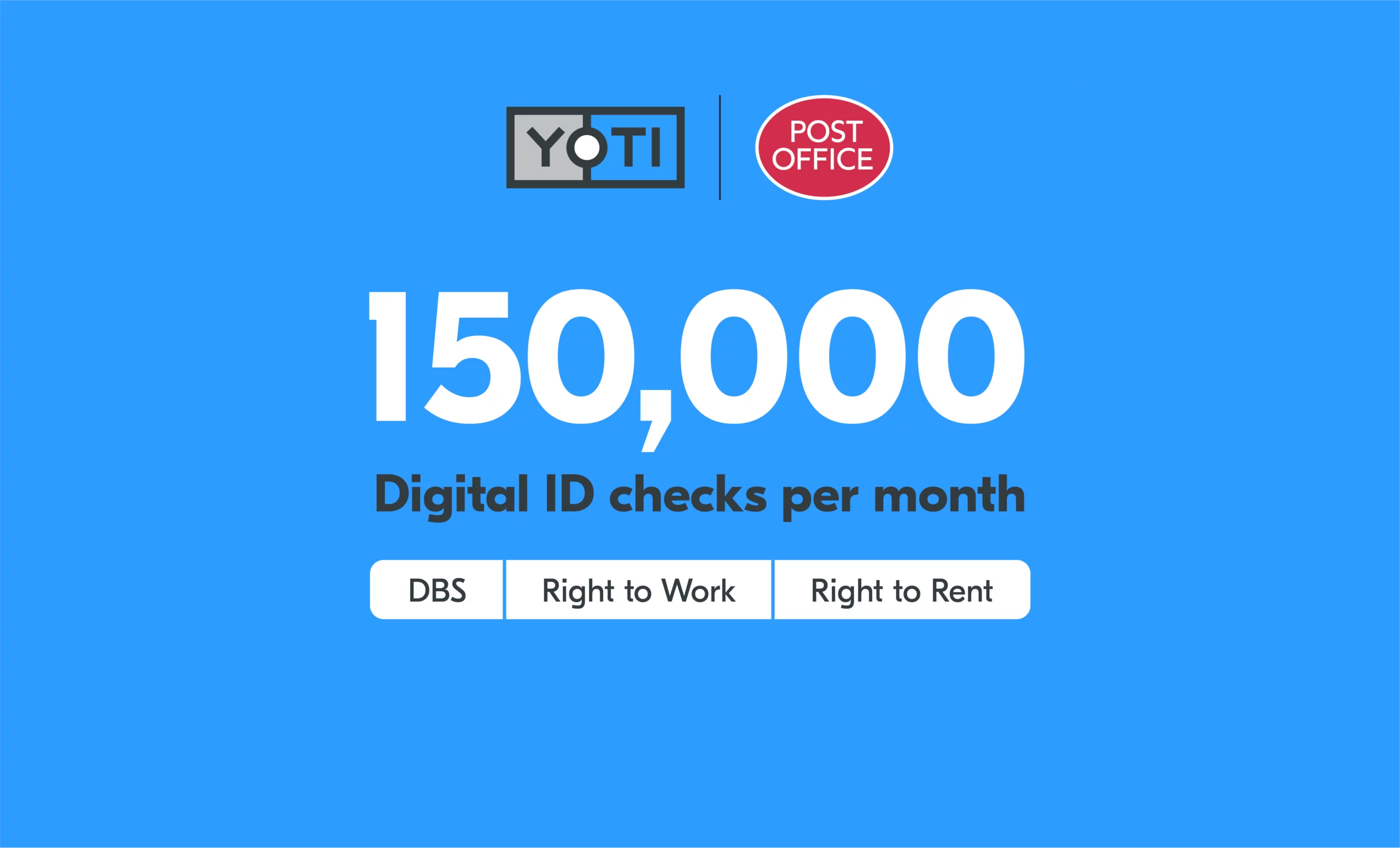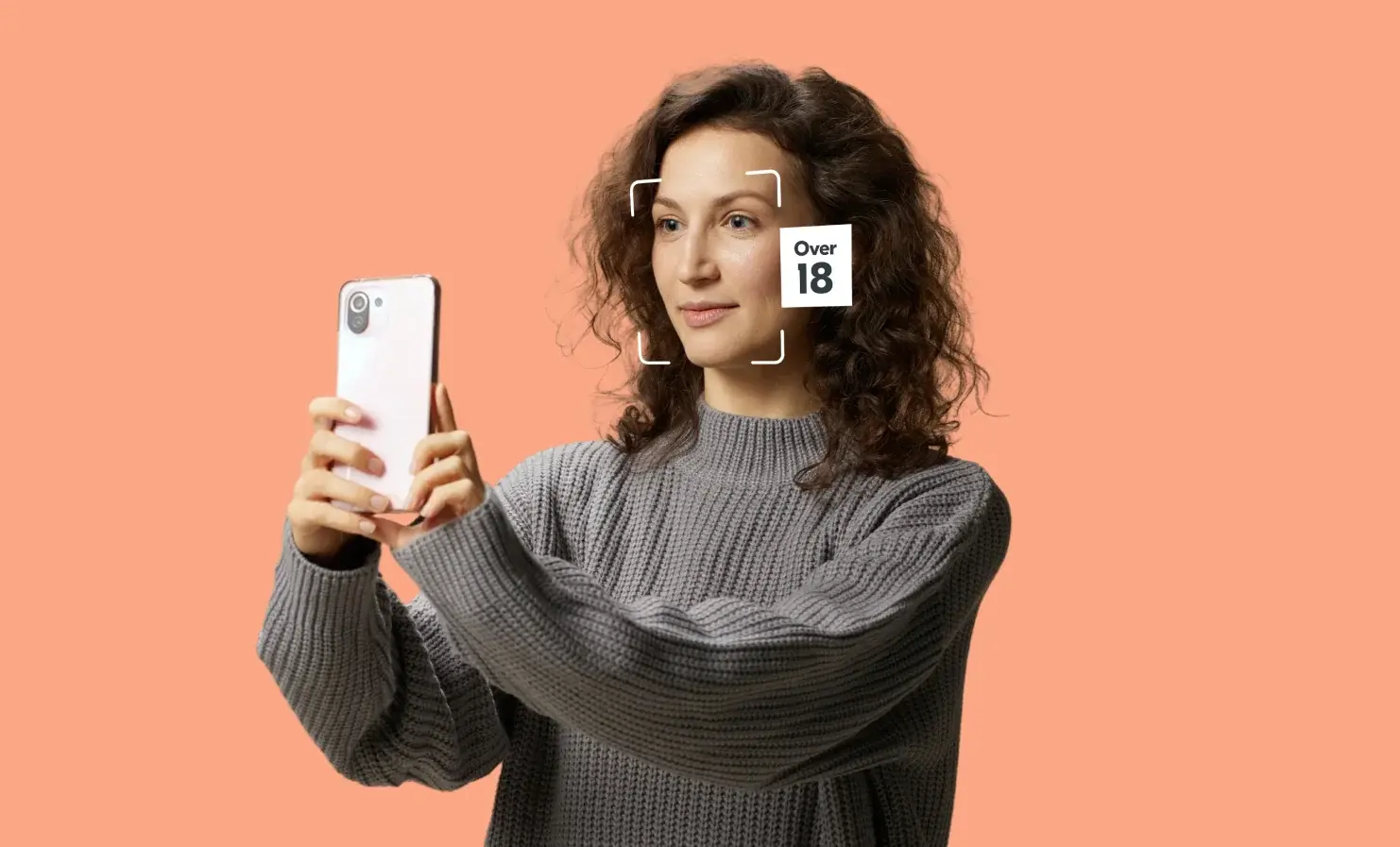
It’s been 18 months since Post Office and Yoti became the first Identity Service Provider (IDSP) to be certified under the Digital Identity and Attributes Trust Framework, to complete online right to work, right to rent and DBS (Disclosure and Barring Service) checks.
Each year over 7 million DBS checks are completed, alongside a further estimated 10 million right to work and 3 million right to rent checks.
Whilst many businesses are still performing these checks in person, the UK government regulatory changes to allow these to be done online have been a huge success. There are now 44 IDSPs certified to deliver these identity checks. It represents a significant shift in policy toward digital identity as a valid and popular form of proof of identity.

Post Office and Yoti are very proud to be the largest provider of this new service, completing over 150,000 digital identity checks each month for our screening partners and the thousands of businesses that use the services, including Tesco, Boots and Specsavers. We’ve invested in the service, worked hard to meet the needs of businesses, and we’re getting great feedback from our customers.

There is also strong demand for our reusable Digital ID. One of our biggest clients sees that, when given the choice, 50% of individuals choose to create a Yoti ID or Post Office EasyID, instead of doing a one-off identity check. This means individuals who choose to use a Digital ID can complete any future DBS, right to work or right to rent ID check in just a few seconds.
It’s quite likely that in 2-3 years time, over half of these certified ~20m identity checks will be completed online. And millions of people will use their government-certified reusable Digital ID to complete identity checks quickly and securely.
Post Office and Yoti are also the only provider of in-branch identity checks for DBS, processing thousands of checks each week. One of our largest clients sends around 18% of their candidates to a Post Office branch to complete their DBS identity checks. The rest are completing online or with our Digital ID apps.
With 97% of UK citizens living within 10 miles of a Post Office branch offering this service, businesses have a unique way to offer more accessible and inclusive identity checks to their customers.
To find out more about our right to work, right to rent and DBS checks, please get in touch.




